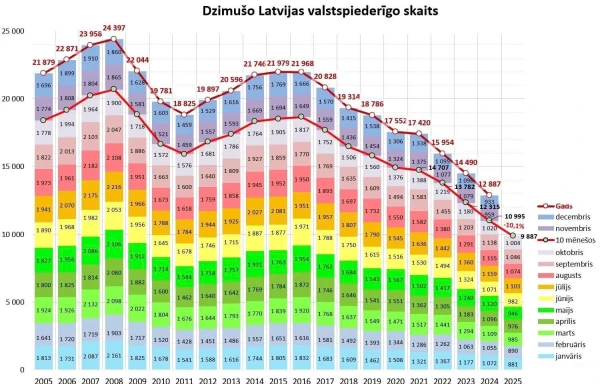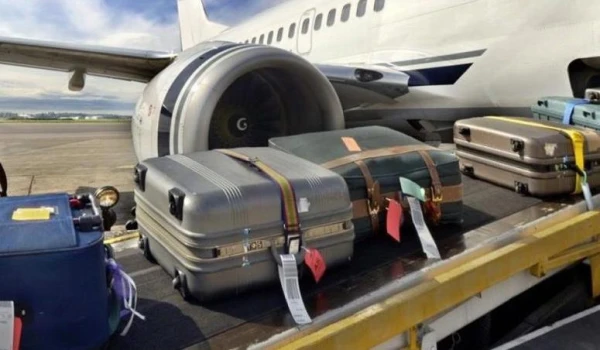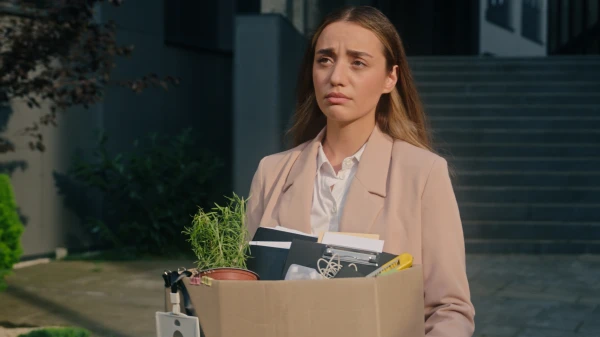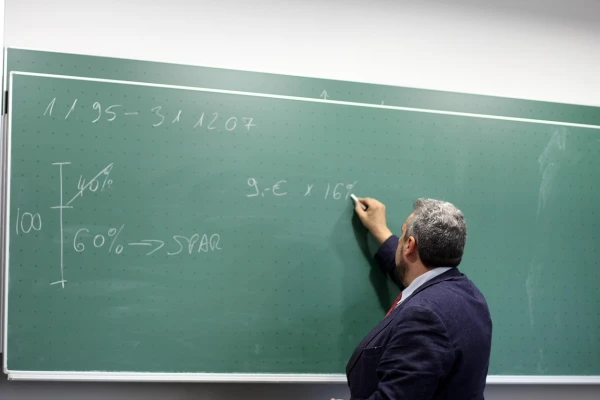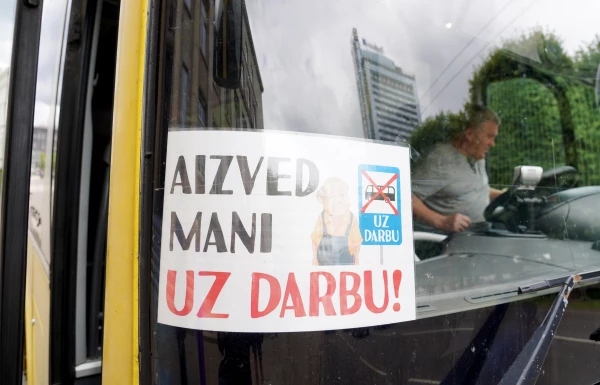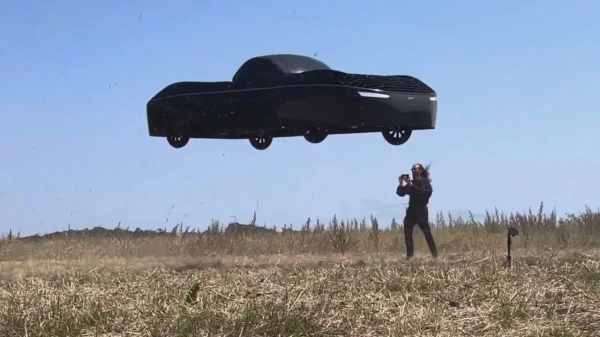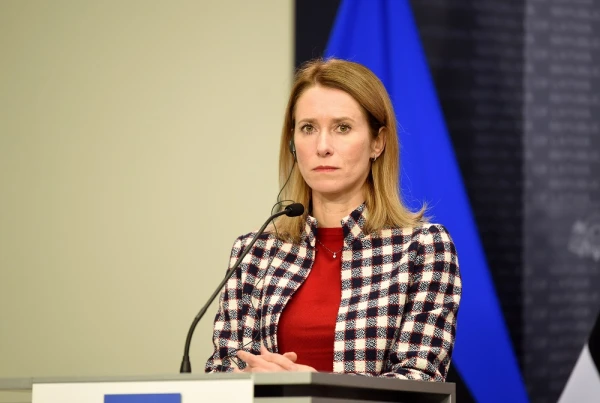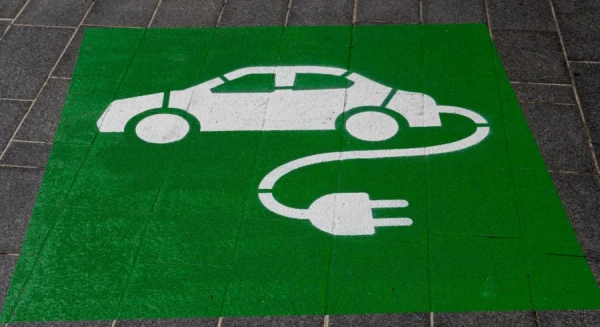
The number of electric vehicles has increased fivefold over the past three years, overloading Riga's parking lots, but statements from politicians in the council make one think that a quick solution to this problem is unlikely, reported the Latvian Television program "De facto."
In the middle of the week, a small street in front of the Riga Castle is filled with cars. Four-fifths of them (20 out of 26) are electric vehicles, which means that parking there can be done for an unlimited time, as there is no parking fee and this service has no time restrictions. A similar picture can be seen on Valņu Street near the Powder Tower and in other places in Vecrīga.
In October last year, the then-chairman of the Transport Committee, Olaf Pulks, stated on the program "De facto": "As for Vecrīga, perhaps it is worth starting a discussion about the fact that a car cannot stay in one place all day." Over the past year, the situation has only changed in the sense that there are even more electric vehicles.
A sharp increase occurred since July last year when the government raised the available state support for the purchase of environmentally friendly cars to nine thousand euros for certain groups. For comparison, five years ago, there were fewer than a thousand electric vehicles in all of Latvia. Since 2022, they can be purchased with state support, and since then the number of electric vehicles in the country has increased fivefold.
As of October 1 of this year, nearly 13,000 (12,991, or 1.6% of all cars) passenger electric vehicles were registered in Latvia. By the end of August this year, all funds allocated for support - 30 million euros - had been spent.
The Minister of Climate and Energy, Kaspars Melņis, stated that the priority is "certainly to maintain support for large families or families with children with disabilities. This is our priority. We definitely want to keep it; the current amount can be reviewed, possibly even increased, and then we will see what happens next," said the minister.
